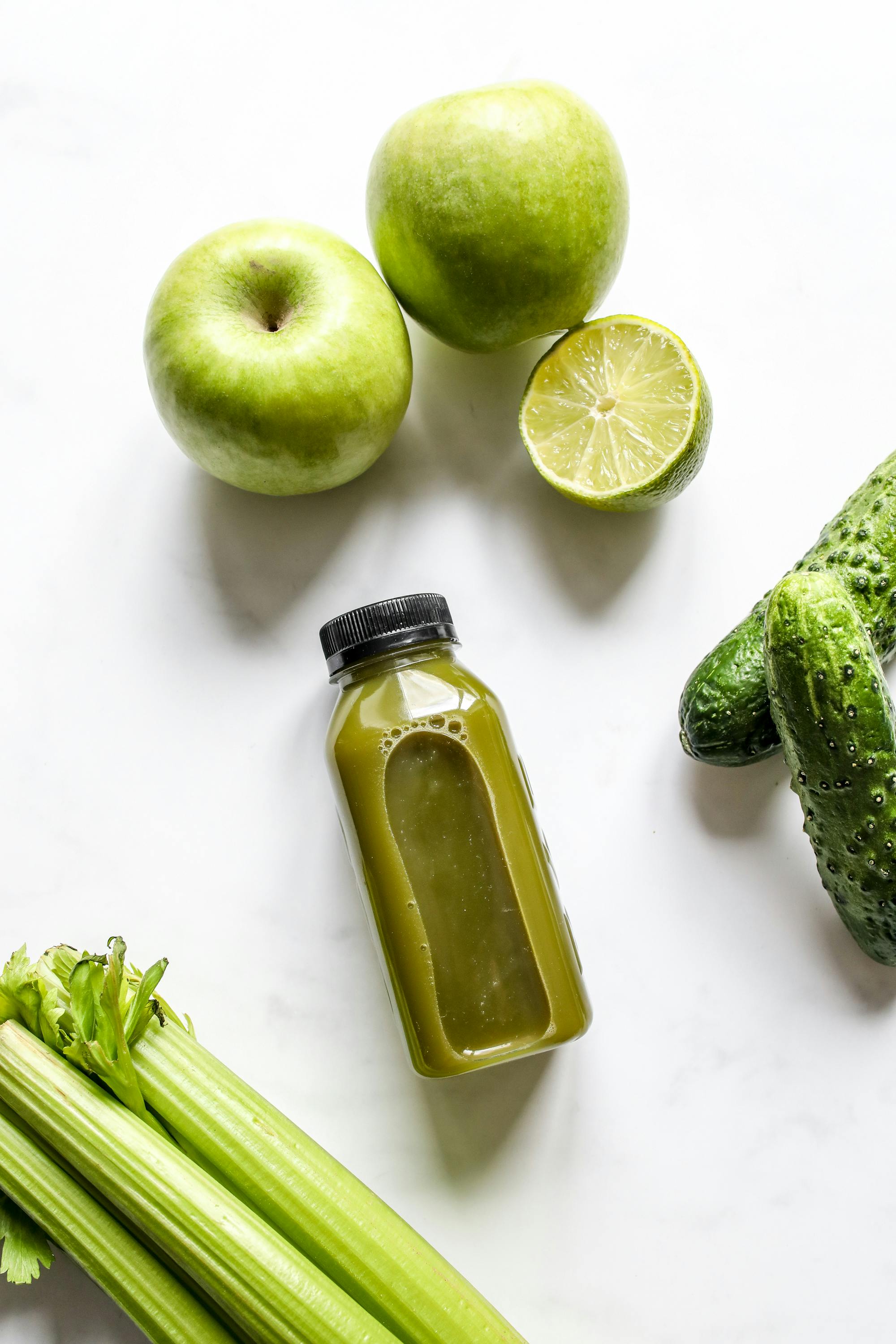
Essential Guide to PCOS Diet Plans: Achieve Hormonal Balance in 2025
Polycystic Ovarian Syndrome (PCOS) affects millions of women and presents a broad range of symptoms, including insulin resistance, hormonal imbalance, and difficulty managing weight. Focusing on a proper diet plan for PCOS can help in alleviating many of these symptoms while promoting a healthier lifestyle. In this essential guide, we will delve into understanding PCOS, the best diet for managing its symptoms, and create a comprehensive meal plan that fits your lifestyle.
Understanding that a pcos diet is not just about food, but rather a holistic approach to managing the condition is key. We will explore pcos-friendly foods, meal timing strategies, and lifestyle modifications to enhance your hormonal health and emotional wellness. Our roadmap also includes tips on hydration, cooking methods, and maintaining nutrient density in your meals, ultimately guiding you toward lasting health and balance.
At the end of this article, you will find practical takeaways that can be easily integrated into your daily routine, including scrumptious pcos recipes and insights into supplements that may complement your diet. Your journey to balance starts now!
Understanding PCOS and Its Dietary Impact
PCOS, or Polycystic Ovarian Syndrome, is a common hormonal disorder affecting individuals with uteruses, often characterized by irregular menstrual cycles, excessive androgen levels, and cysts on the ovaries. This condition is linked to insulin resistance, where the body does not use insulin effectively, leading to higher sugar levels in the bloodstream. To manage PCOS symptoms effectively, adopting a healthy diet for PCOS is of utmost importance.
Hormonal Imbalance and Dietary Choices
The diet plays a critical role in managing hormonal balance. Foods high in refined sugars and unhealthy fats can exacerbate insulin resistance and lead to weight gains, which aggravates PCOS symptoms. Incorporating whole, nutrient-dense foods into your diet is essential to support hormonal balance and reduce inflammation.
Foods for PCOS: The Power of Nutrient Density
When planning a pcos diet, prioritize foods rich in fiber, healthy fats, and antioxidants. High-fiber foods like leafy greens, whole grains, and legumes can help manage insulin levels and promote satiety, while healthy fats such as nuts, seeds, and olive oil can reduce inflammation in the body. Following an anti-inflammatory diet for PCOS offers a dual benefit of reducing symptoms while enhancing overall well-being.
The Role of Meal Timing and Planning
Meal timing can significantly impact hormonal balance. Focusing on regular meal patterns using elements of intermittent fasting for PCOS can help control insulin release, enhancing metabolic flexibility. Additionally, proper meal planning enables you to maintain consistent nutrition throughout the week, making it easier to stick to a pcost-friendly meal plan.
Creating Your PCOS Meal Plan
Now that you understand the underlying principles of a successful diet for PCOS, creating a personalized meal plan is crucial. A comprehensive pcos meal plan should involve diverse foods that provide necessary nutrients while keeping your systems in check.
Essential Components of a PCOS Diet Plan
Your pcos meal plan should focus on three primary components: balance, variety, and nutrient density. Include a mix of protein sources— lean meats, legumes, and plant-based proteins— along with an array of vegetables, whole grains, and healthy fats. This variety helps ensure you obtain a broad spectrum of vitamins for pcos support, while keeping meals exciting and satisfying.
Sample PCOS-Friendly Meal Ideas
Start your day with a nourishing breakfast that incorporates healthy fats and proteins, such as avocado toast on whole-grain bread topped with poached eggs. For lunch, a salad with mixed greens, chickpeas, a variety of colorful veggies, and a dressing made from olive oil is both delicious and nutritious. Dinner can feature grilled salmon, quinoa, and steamed broccoli for a well-balanced meal. Don’t forget to snack smart with options like nuts and seeds or fresh fruit!
Cooking Methods and Best Practices
In addition to ingredient choices, how you prepare your food can impact its health benefits. Opt for cooking methods such as steaming, grilling, or baking to maintain nutrients and minimize excess fats. Moreover, when grocery shopping, aim to avoid ultra-processed foods that can spike insulin levels and lead to cravings.
Supplements and Vitamins for PCOS Management
While a healthy diet is the cornerstone of PCOS management, certain vitamins and supplements can represent valuable adjuncts for achieving hormonal balance. It's essential to consult with a healthcare provider or a dietitian for pcos recommendations tailored to your unique circumstances.
Key Vitamins and Minerals for PCOS
Vitamin D, omega-3 fatty acids, and inositol are particularly beneficial for women with PCOS. Vitamin D plays a crucial role in insulin sensitivity, while omega-3 fatty acids can combat inflammation. Inositol, a type of sugar, has shown promise in improving insulin sensitivity and regulating menstrual cycles in women with PCOS.
Choosing the Right Supplements
When selecting supplements, go for reputable brands that back their efficacy with research. Monitor how these supplements affect your well-being, and adjust accordingly in consultation with experts. Remember that dietary supplements should complement, not replace, a balanced diet.
Importance of Hydration in Managing PCOS
Don't underestimate the power of hydration in managing PCOS. Proper fluid intake aids digestion, nutrient absorption, and energy levels. Aim for at least eight 8-ounce glasses of water daily and consider herbal teas as hydrating beverages that can also offer health benefits.

Adopting Lifestyle Changes for Long-Term Success
Beyond dietary adjustments, lifestyle changes are vital for effectively managing PCOS and achieving enduring hormonal balance. Consider incorporating regular exercise, stress reduction techniques, and proper sleep to support your overall health.
The Importance of Regular Exercise
Physical activity is one of the best ways to improve insulin sensitivity and reduce weight. Engage in a mix of cardio and resistance training to create a balanced routine. Aim for at least 150 minutes of moderate exercise weekly, tailored to your fitness level and preferences—be it walking, swimming, or weightlifting.
Managing Stress and its Impact on PCOS
Stress can exacerbate PCOS symptoms due to the release of cortisol, a hormone linked to weight gain and insulin resistance. Incorporate techniques such as yoga, deep breathing, or meditation to help alleviate stress levels. Developing a personal self-care routine is also essential for maintaining a positive mindset.
Prioritizing Sleep for Hormonal Health
Adequate sleep is crucial for overall health, especially in managing hormone levels. Aim for 7-9 hours of quality sleep each night to support metabolic functions and rejuvenate your body. Create a bedtime routine and environment conducive to sleep to enhance relaxation and recovery.

Success Stories: Empowering Your PCOS Journey
Many individuals have embarked on effective dietary and lifestyle changes that significantly improved their PCOS symptoms and overall quality of life. These success stories serve to inspire and motivate those navigating a pcost-friendly journey.
One inspiring story comes from Jenna, who found that with patience and commitment to her pcos diet plan, she was able to lose weight and reduce her symptoms. She made intentional food choices, focusing on whole foods rich in fiber, and incorporated moderate exercise into her routine, leading to profound improvements in her health.
Another example is Sarah, who actively managed emotional eating related to her symptoms. By working with a nutritionist, she learned about portion control for pcos and adopted a mindful eating approach, successfully reducing her cravings while enjoying balanced meals.
These empowering success stories illustrate that with the right support and approach, individuals with PCOS can effectively manage the condition, leading to healthier lives filled with balance and joy.
Conclusion: Taking the Next Steps for PCOS Management
Maintaining a healthy diet for PCOS is paramount for managing its symptoms and achieving hormonal balance. By developing a personalized pcos meal plan, focusing on nutrient density, and adopting healthy lifestyle changes, individuals can take significant strides towards managing their health. Don’t hesitate to seek guidance from a dietitian for pcos to help tailor your approach and monitor your progress.
Remember that your journey is unique, and it's essential to stay committed while remaining flexible in your choice of foods and lifestyle adjustments. Explore pcos recipes, meal prepping techniques, and position yourself for long-term success. Take control of your health and thrive with confidence!